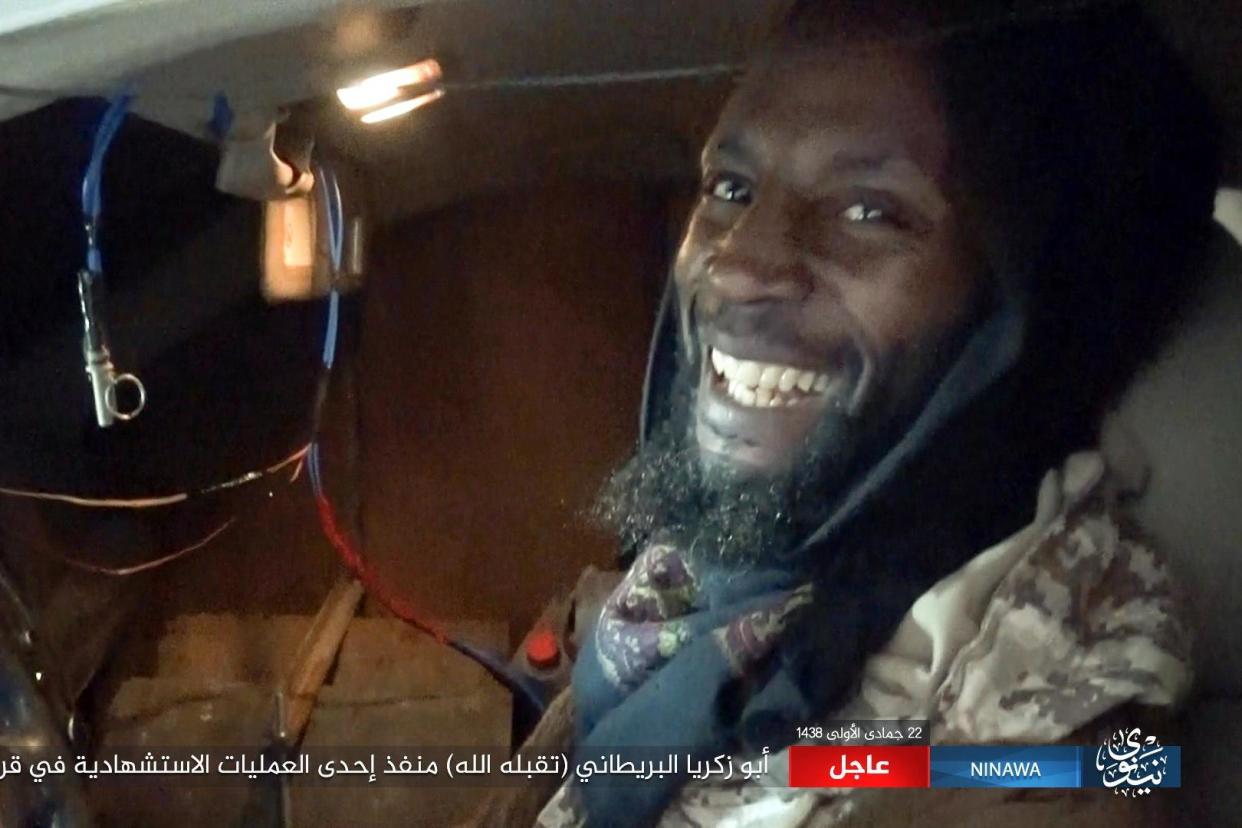Shami Chakrabarti: Detention without charge and torture only fuel terrorism and hate

Self-styled Islamic State (IS) claims Monday’s suicide attack in Iraq was carried out by a British-born jihadist, Ronald Fiddler, aka Jamal Al-Harith, and former Guantanamo Bay detainee. For IS and other enemies of the UK, democracy and human rights around the world, this is a propaganda coup.
Sadly, some in our own media and political life now think the appropriate response is to denounce human-rights laws and values in general. In particular, they now blame the long-standing campaign for the closure of Guantanamo Bay, which I and many parliamentarians and newspapers of both the Left and Right have long supported. They could not be more wrong.
We never claimed the guilt or innocence of individuals interned. We were rarely in the position to do so, the detention being based on secret suspicion and intelligence rather than charges, evidence and proof.
Instead, it remains our belief that lengthy detention without charge or trial and interrogation techniques involving torture are not just unjust in principle but devastatingly counter-productive to the cause of fighting terrorism and hate. They allow our enemies to label us as hypocrites and oppressors and sap the moral authority that belongs to the democratic way. Whether first in Northern Ireland or later in Guantanamo, I believe that far from preventing terrorism, policies of internment have been its unwitting recruiting sergeant.
Imagine that you are a young idealist, radical or hothead of whatever persuasion. You may or may not believe in violent struggle in support of your deeply held cause. But then you are taken prisoner on or off the street or battlefield. You are incarcerated, interrogated and tortured, possibly over a period of years. If you weren’t angry before this experience, you are highly likely to be embittered and inflamed afterwards. And the longer the ordeal, the worse it is likely to be.
And what about your family, community or others of your faith or politics? Even if they are not actively radicalised at the sight of your treatment, are they likely to be active friends and supporters of our much needed police and security agencies as a result?
Contrast this experience with the process of lawful arrest, interview, charges and criminal trial — the due process of law on which great democracies such as the United Kingdom and the United States are built. No one is happy about being arrested but with access to lawyers, decent conditions and an understanding of the case against us, we have the hope of proving our innocence. And if instead we are found guilty, how much harder for terrorists to make hay.
Call me a bleeding-heart, liberal leftie. I am certainly no stranger to that charge. But this time it isn’t even George Bush but Donald Trump in the White House who wants to reintroduce the practice of torture.
If Britons across the democratic spectrum don’t stand up for fundamental rights, freedoms and sensible counter-terror strategy, who is left?
Baroness Chakrabarti is shadow attorney-general for England and Wales and the former head of Liberty

 Yahoo News
Yahoo News 
